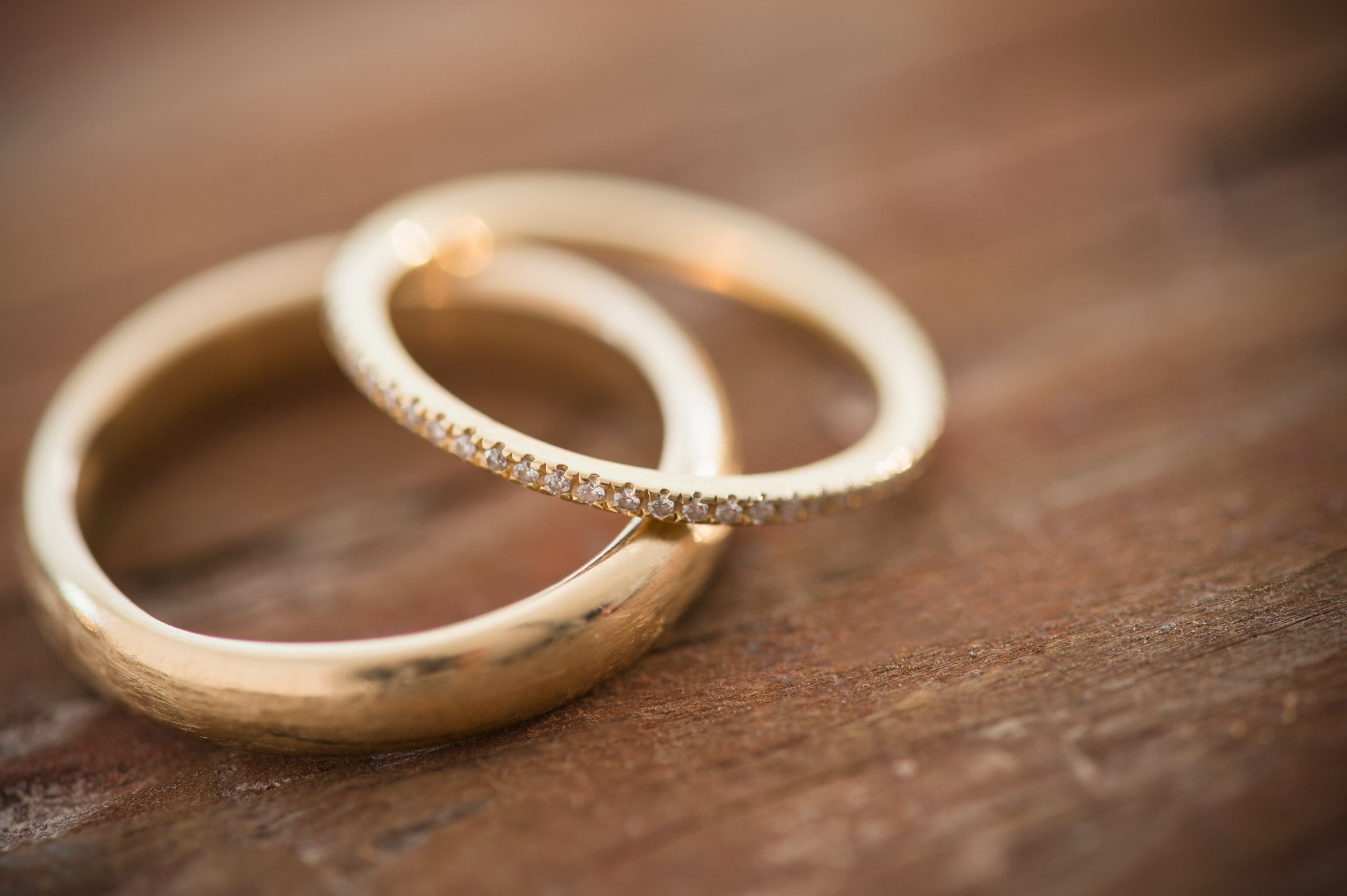
Jacob Desjarlais is a director of talent marketing and lives in Los Angeles.
The idea to take my wife’s last name when we got married started as a joke at first. We were sitting around sipping wine and talking about last names a few weeks after our engagement, six months after we began dating. My wife Devin’s last name—Desjarlais—is pretty amazing. It rhymes with Chevrolet and is French and full of tradition. My last name was Smith … rhymes with, I don’t know, fifth?
Devin never pushed the idea, but it was important to me. Once I considered it, not taking her name was never a realistic option.
The more I thought about it, the more I realized that names are something you can decide to keep or take for yourself. People choose nicknames—like Bob or Becky instead of Robert or Rebecca—or new last names because that is something they want to aspire to be. It’s a promise they make to themselves.
Making your own choice about who you are and what you wish to become is the first step in the journey to becoming that person. A recent report shows that more women are keeping their maiden names. But the idea that they’re doing this to rebel against tradition isn’t really the point. Changing—or keeping—your name is a personal identity issue. You should only take someone’s last name if it’s important to you.
I have a small family, just my mother and sister and myself. I always felt a bit of a disconnect with my past and family history. Maybe the name Smith is the beige of last names—there’s no instant cultural team that you can identify with. Devin’s family is vast in comparison: There are cousins in multiple cities, aunts and uncles spread all around the country, and there’s also a strong family history.
The first time I met Devin’s family, they instantly accepted me as a member and took me in with open arms the same way that their eldest daughter did when we first met years before. How do you repay that sort of kindness? To the shock of her family, we announced that the Desjarlais family name would continue (she is one of two daughters and no sons), and I would be changing my name, instead of Devin becoming just another Smith in the world.
One wedding, dozens of trips to featureless government buildings, and a few arguments at the DMV later, and I was a Desjarlais. It has now been 18 months since the wedding and official name change, and I have to say I am proud.
I sometimes face a stigma about this decision: A DMV clerk told me with a laugh he would never take his wife’s name. But I’ve also gotten positive responses: A night clerk at a hotel in Paris told me that he wished it was more common because men are “silly about these things.” It was never an issue with my own family.
As a Smith, I never felt a solid connection to my name. But now, people ask where my last name is from, and I delight in telling them that it wasn’t always my name, and yes, I know it’s difficult to spell and pronounce. Most women smile and say they think it’s amazing; most men either say it’s weird that I did that, or just, “cool.” I don’t spend a lot of time thinking about it either way because now it’s who I am and who I chose to be.
Photographing a Kiss: Long Time Love Affairs
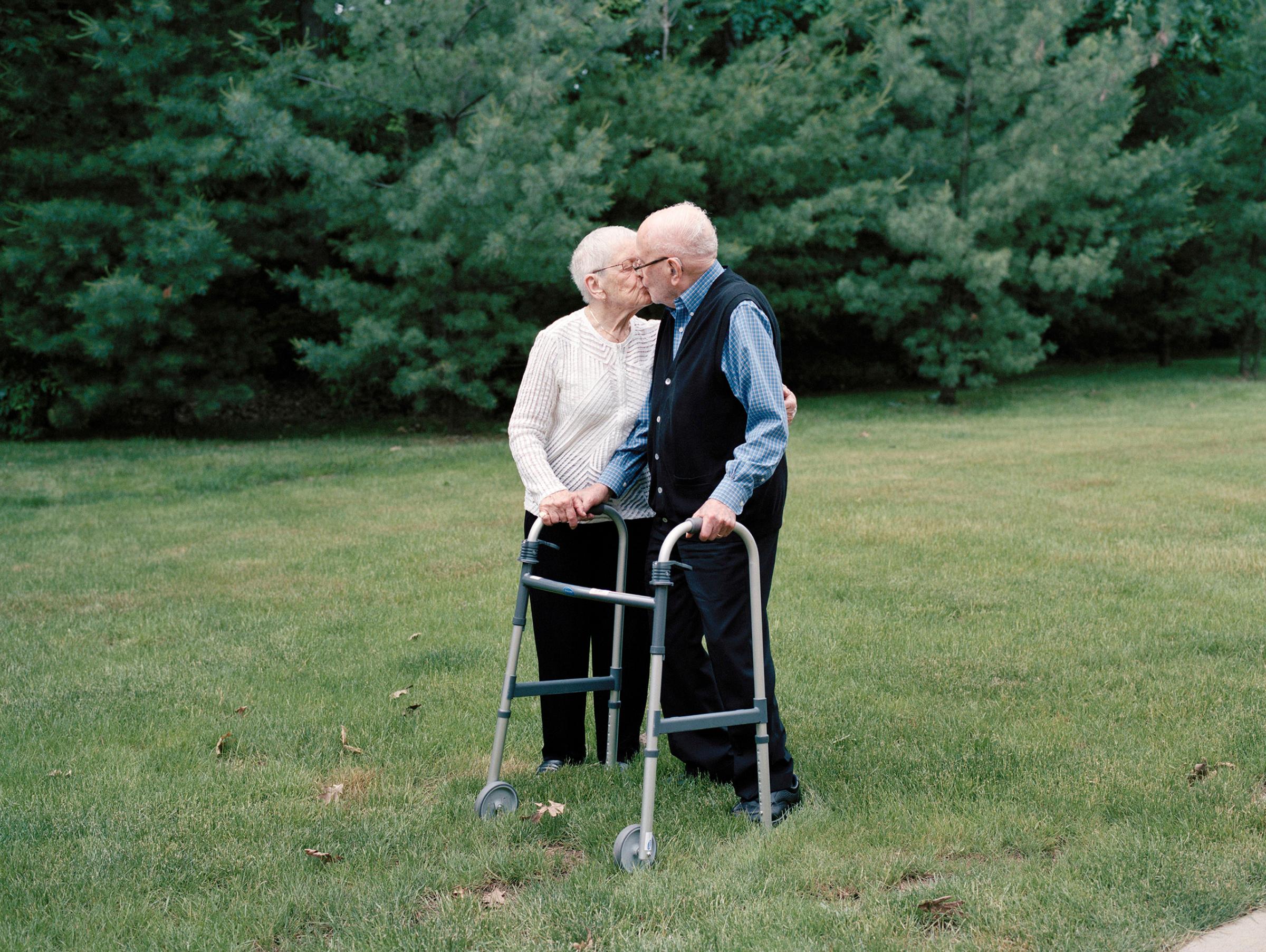
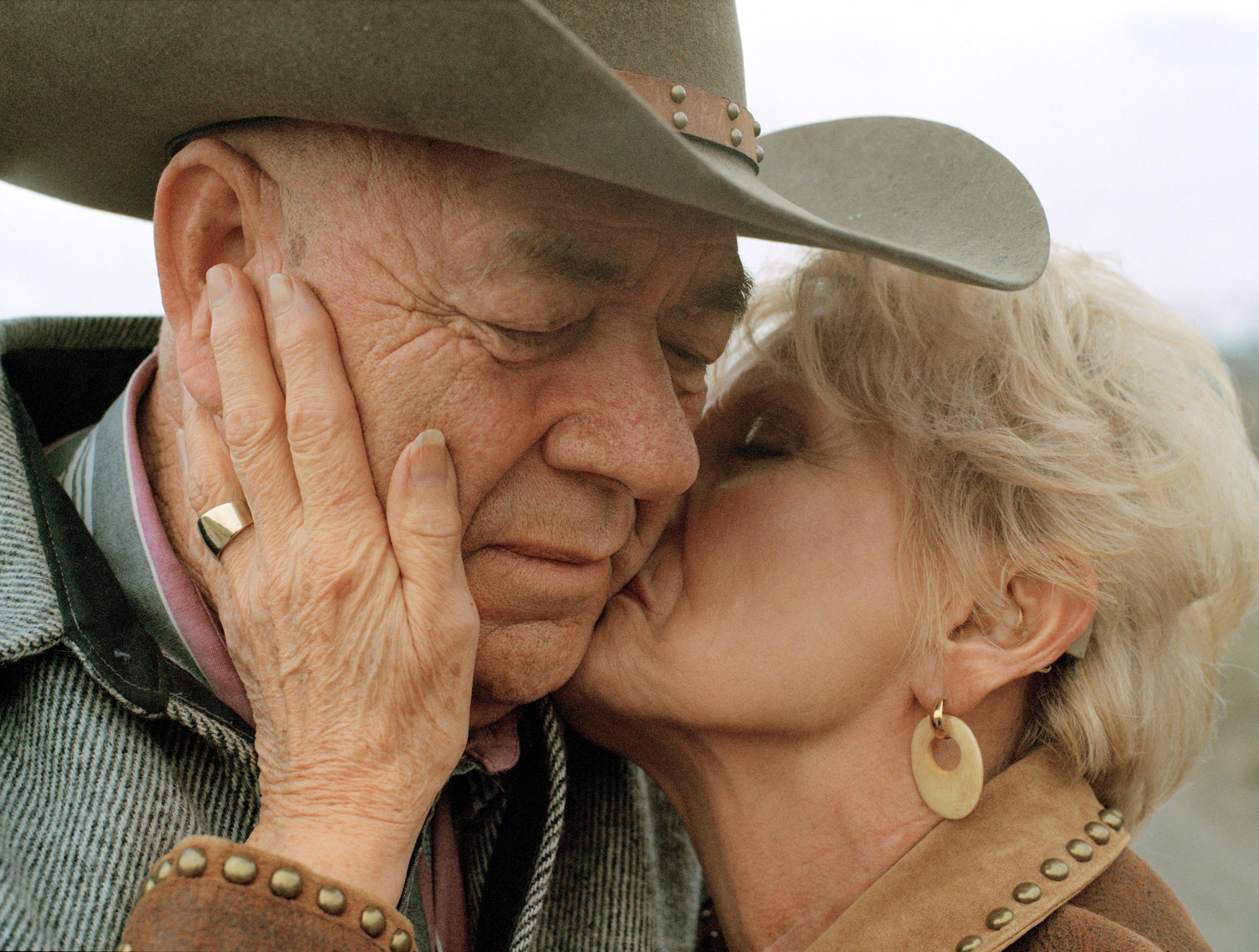
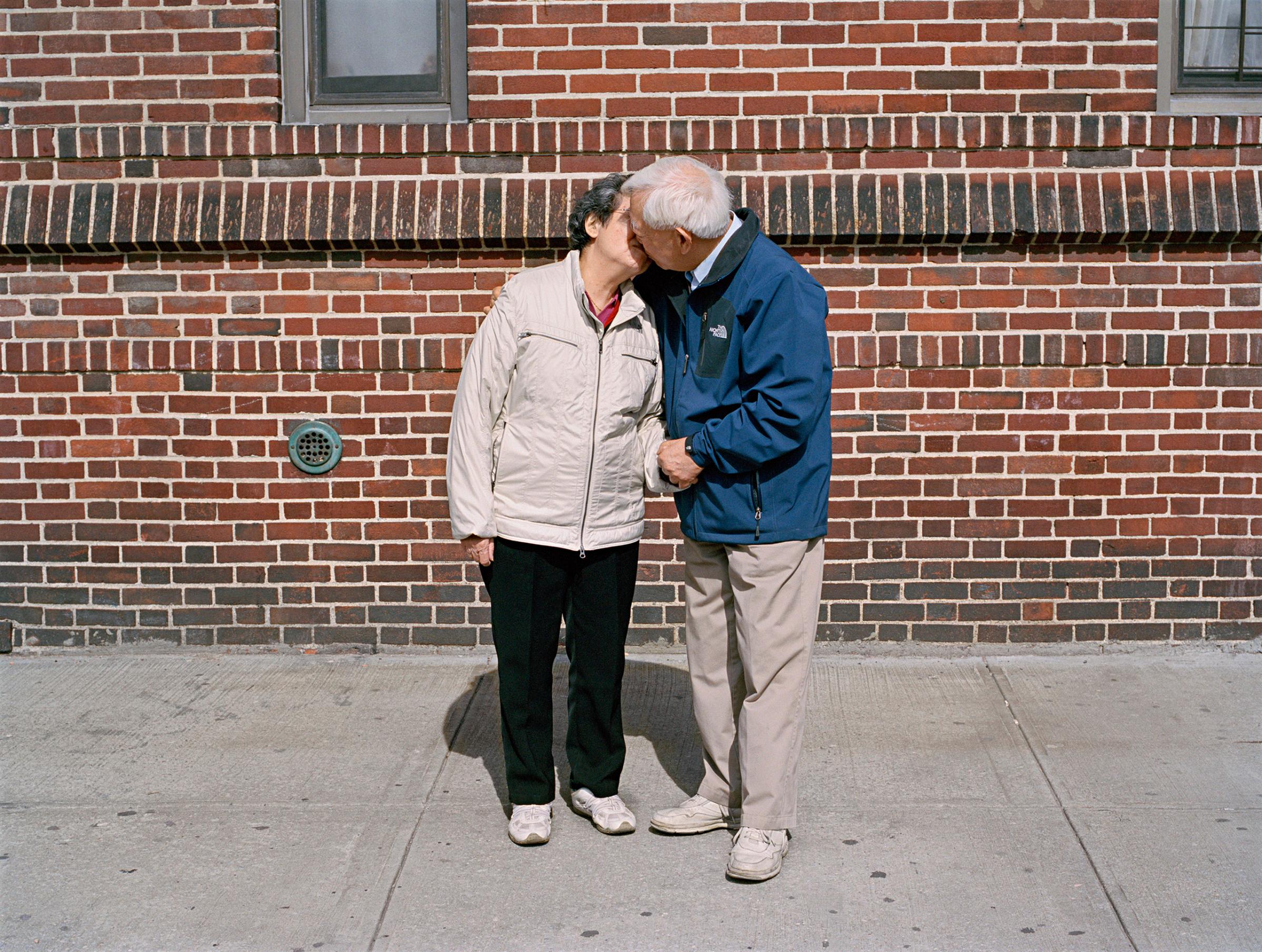
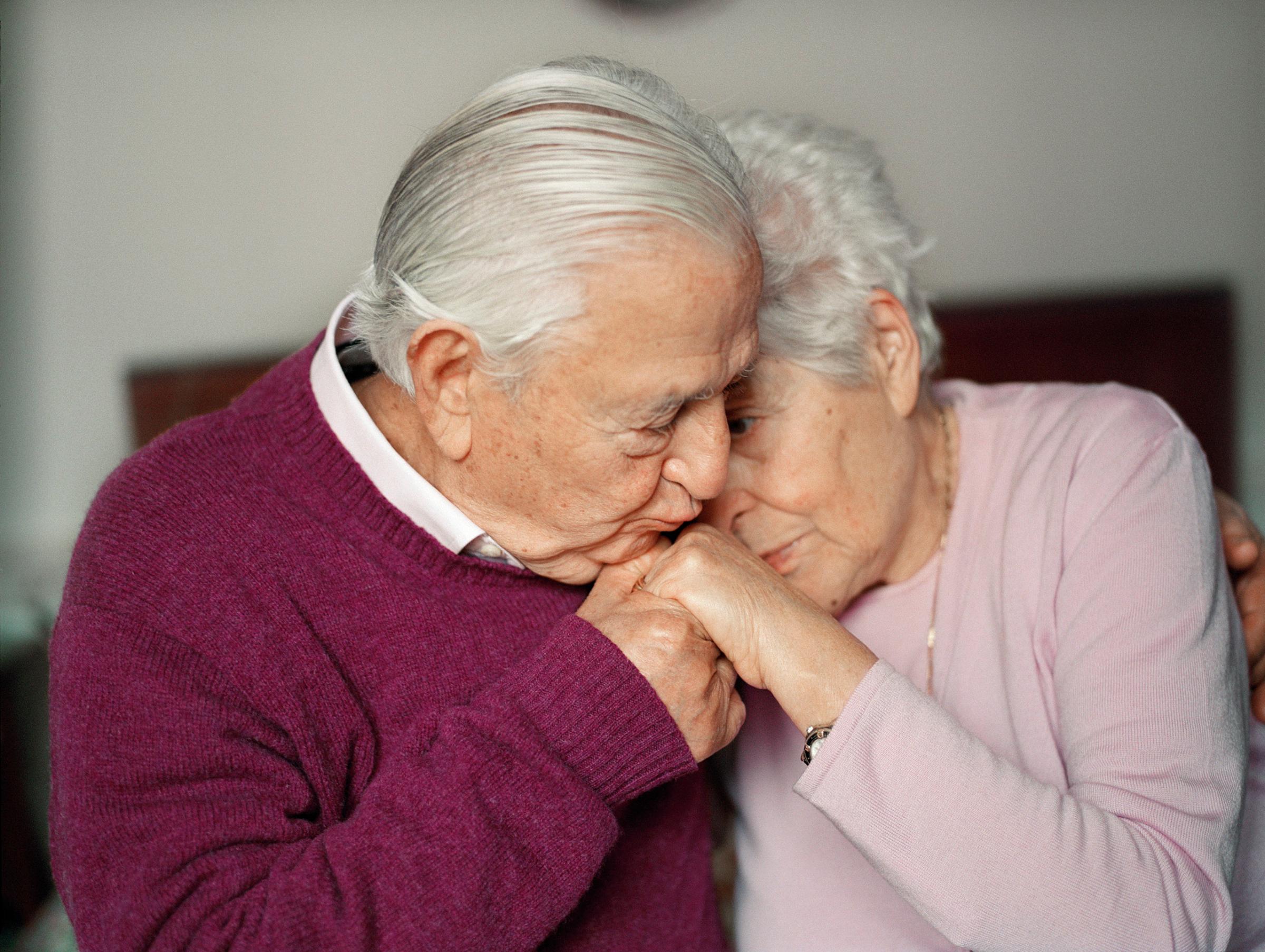
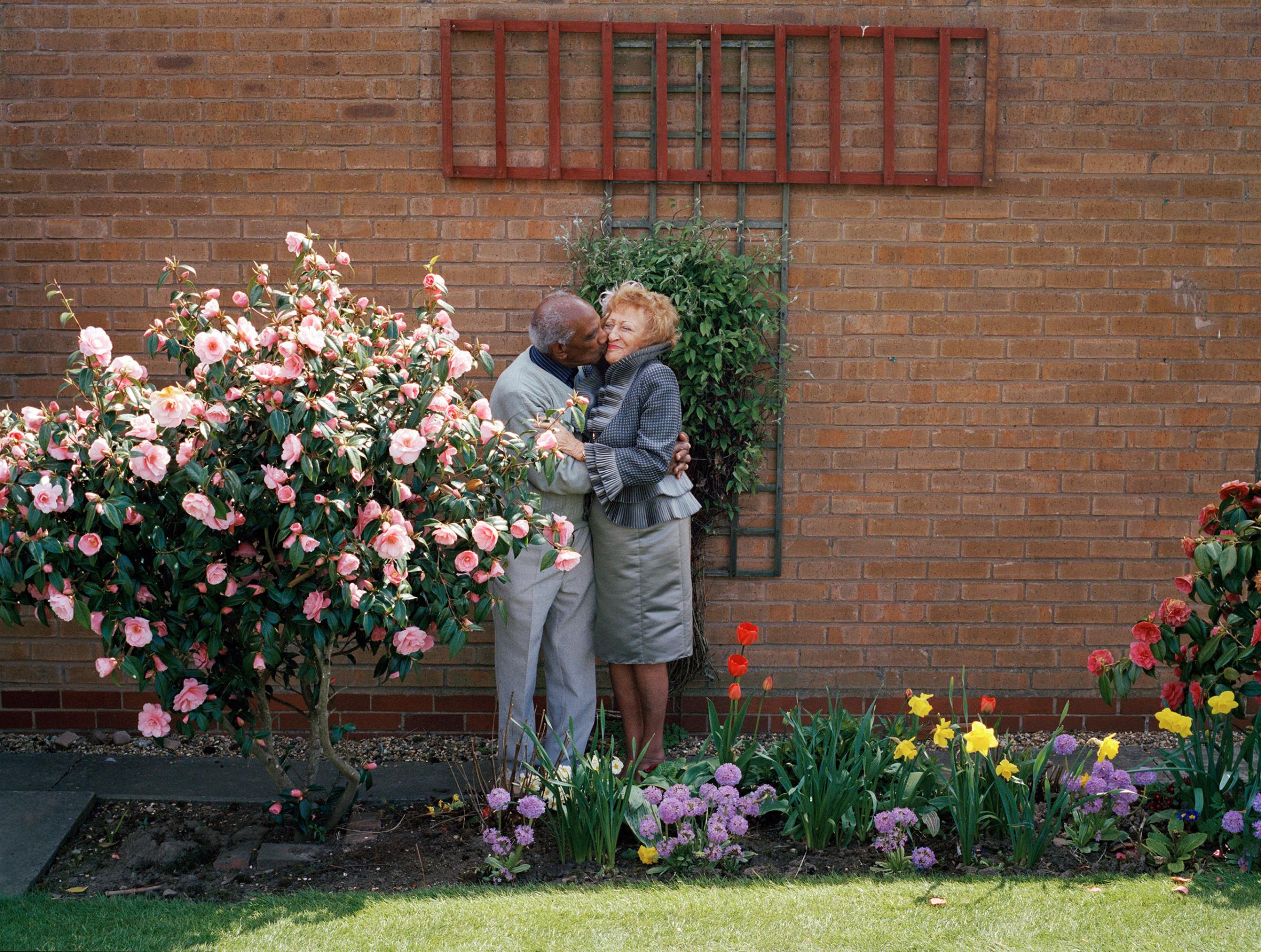
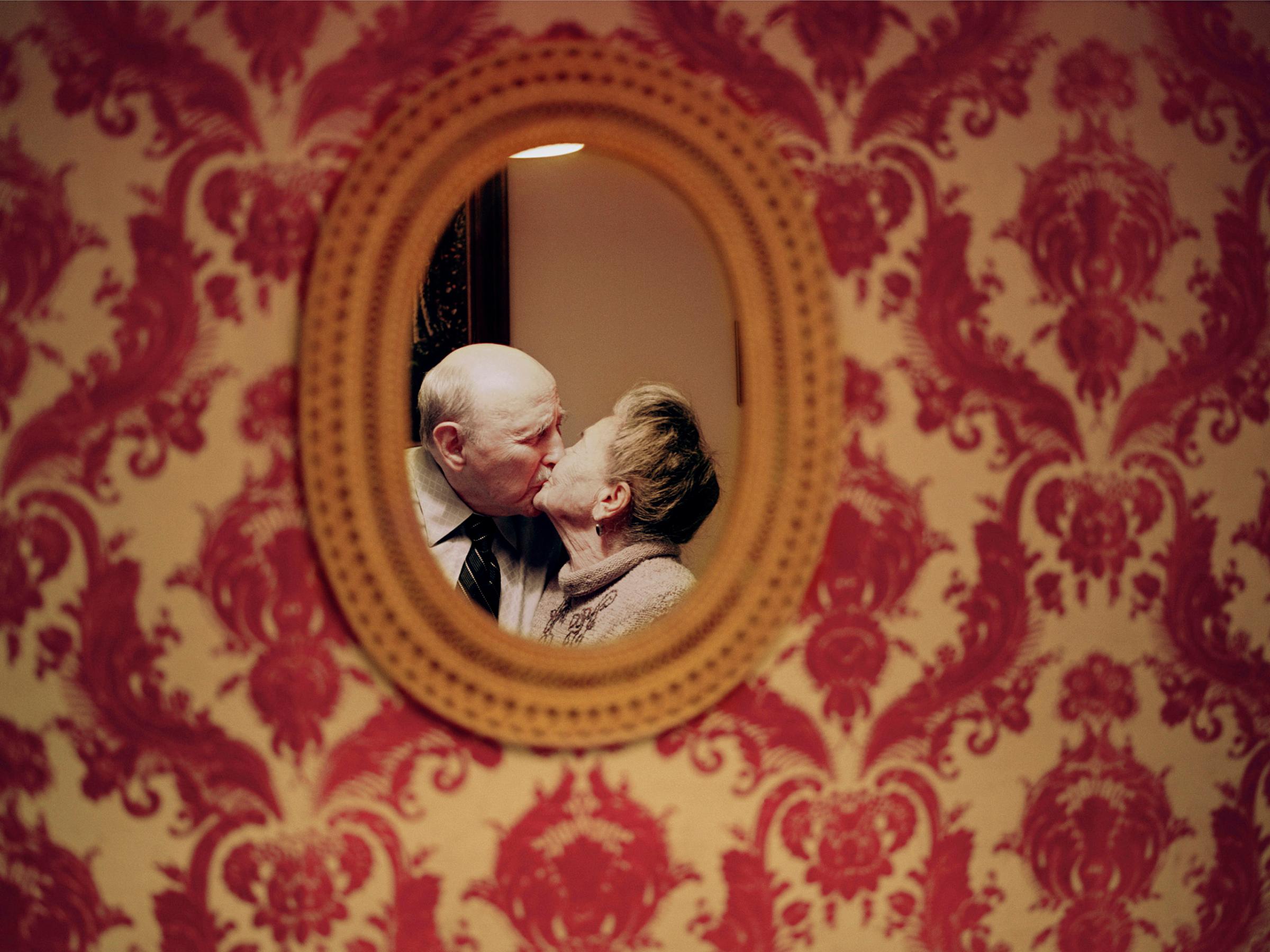
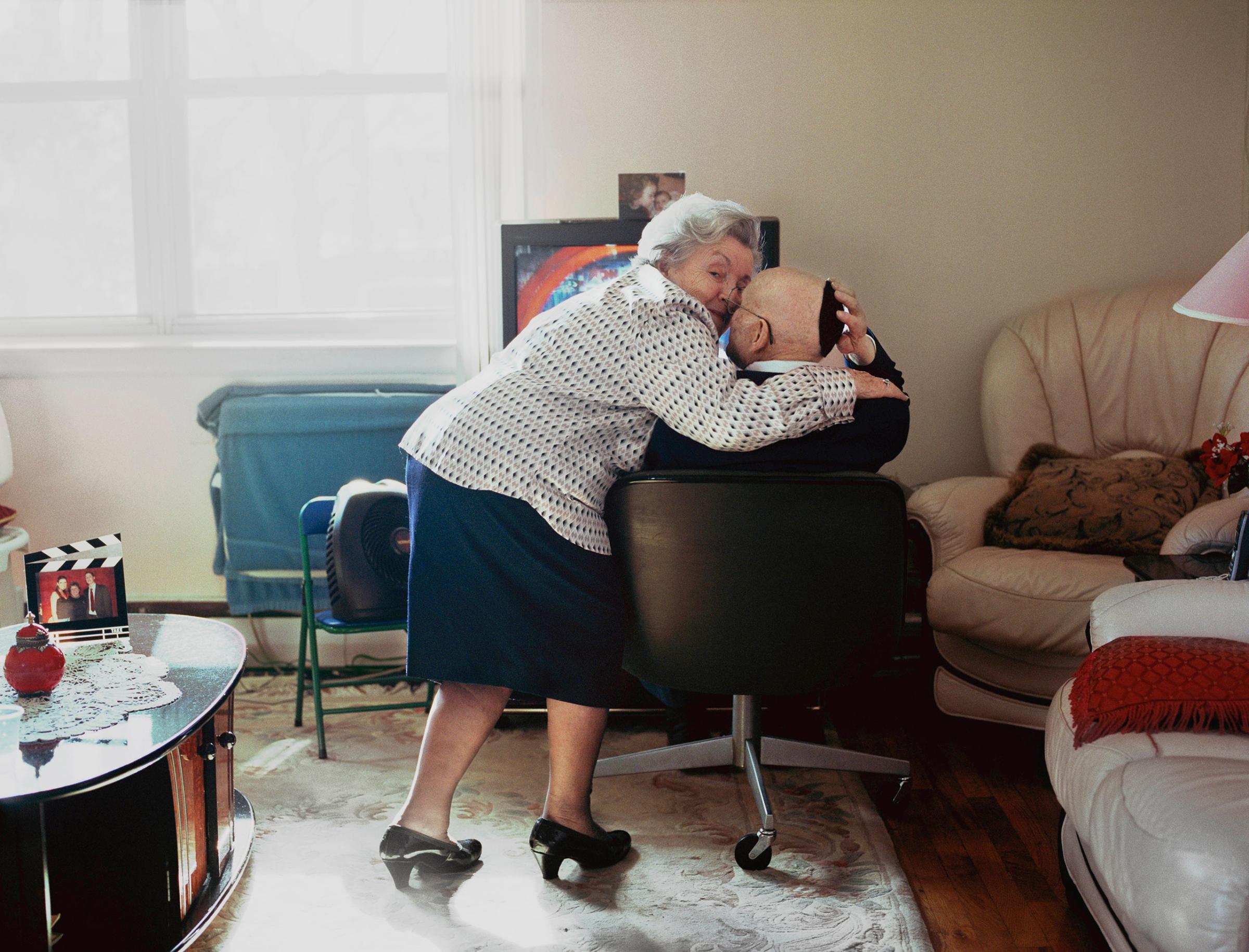
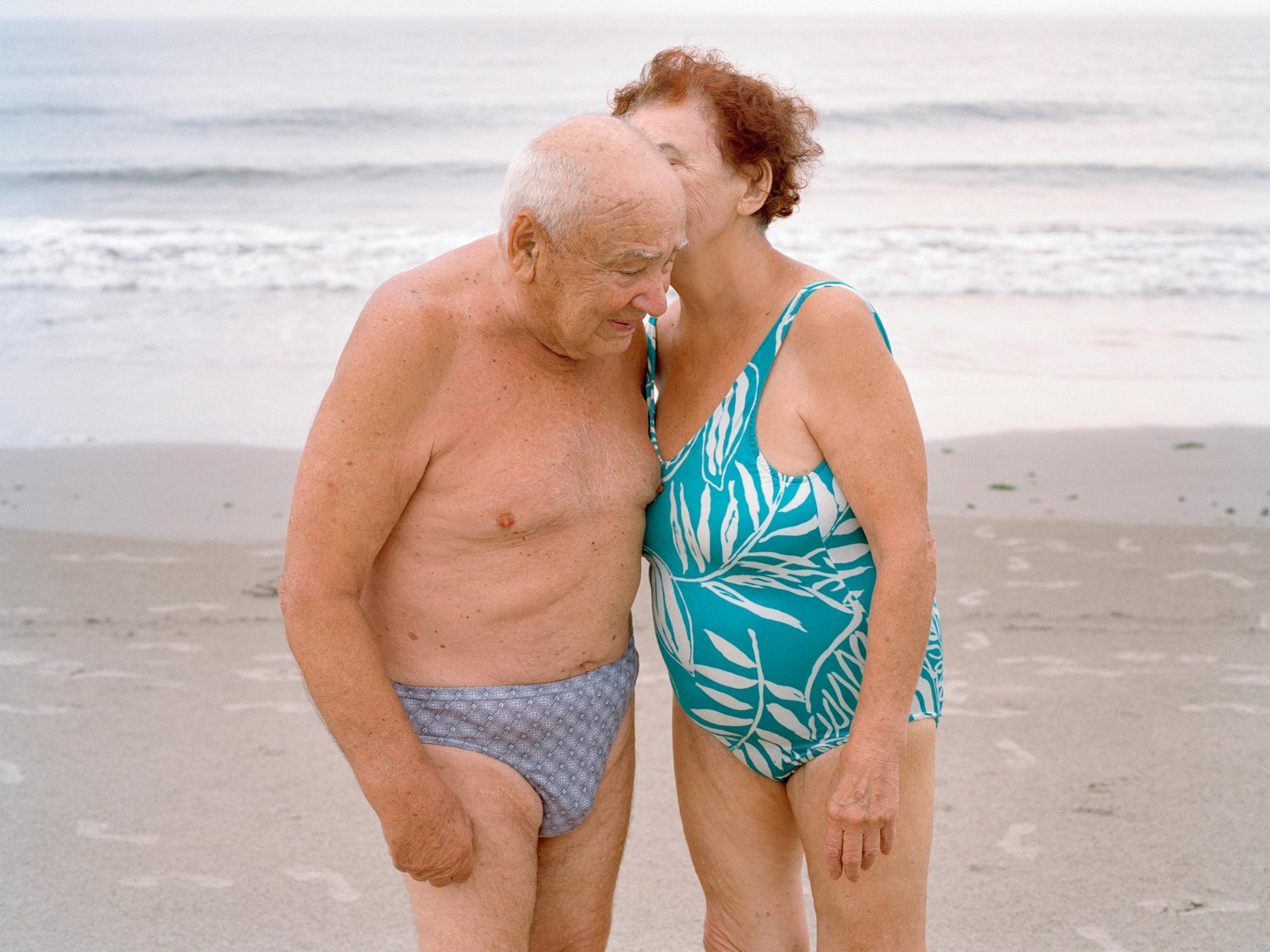
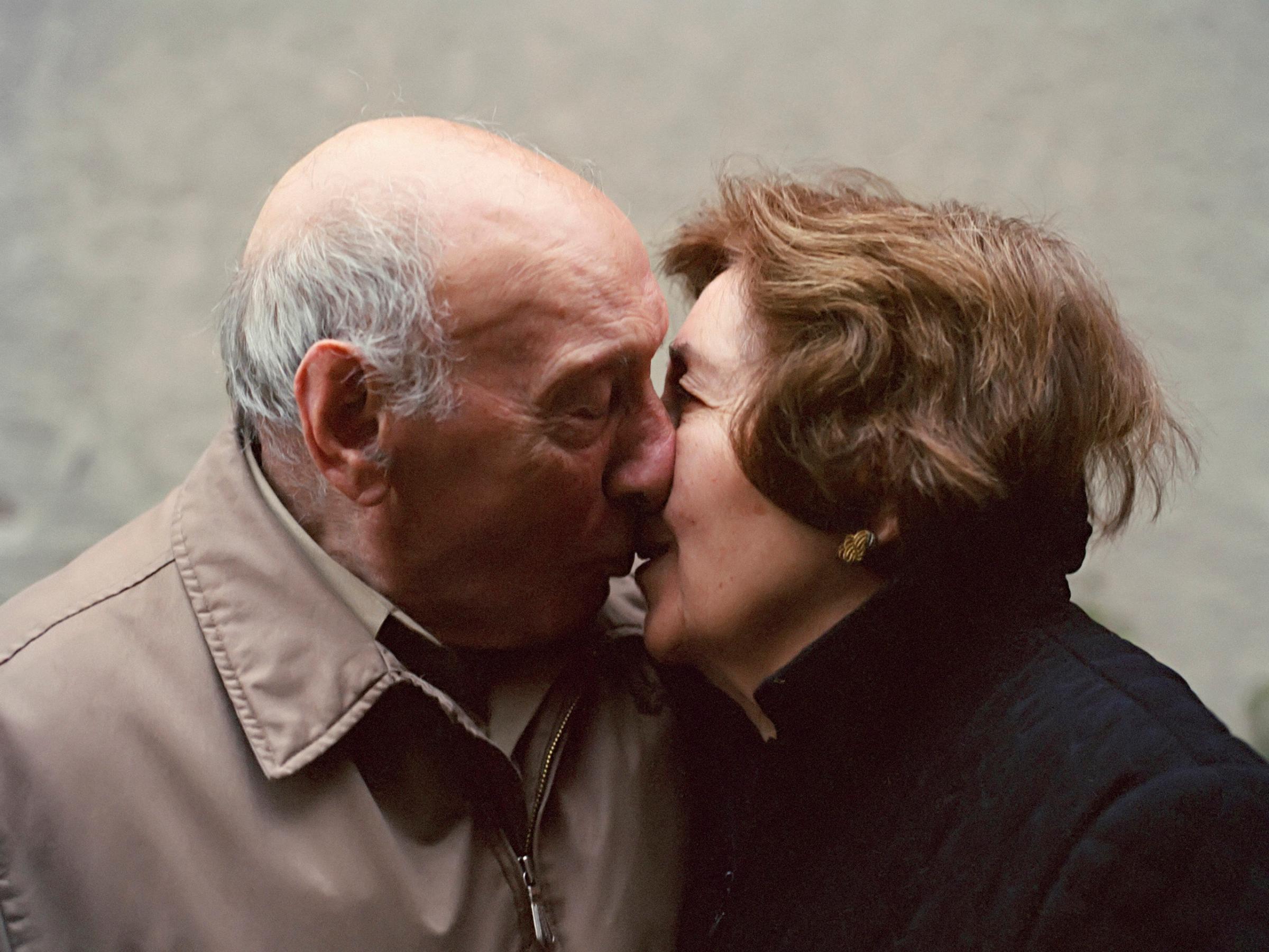
More Must-Reads from TIME
- Cybersecurity Experts Are Sounding the Alarm on DOGE
- Meet the 2025 Women of the Year
- The Harsh Truth About Disability Inclusion
- Why Do More Young Adults Have Cancer?
- Colman Domingo Leads With Radical Love
- How to Get Better at Doing Things Alone
- Michelle Zauner Stares Down the Darkness
Contact us at letters@time.com